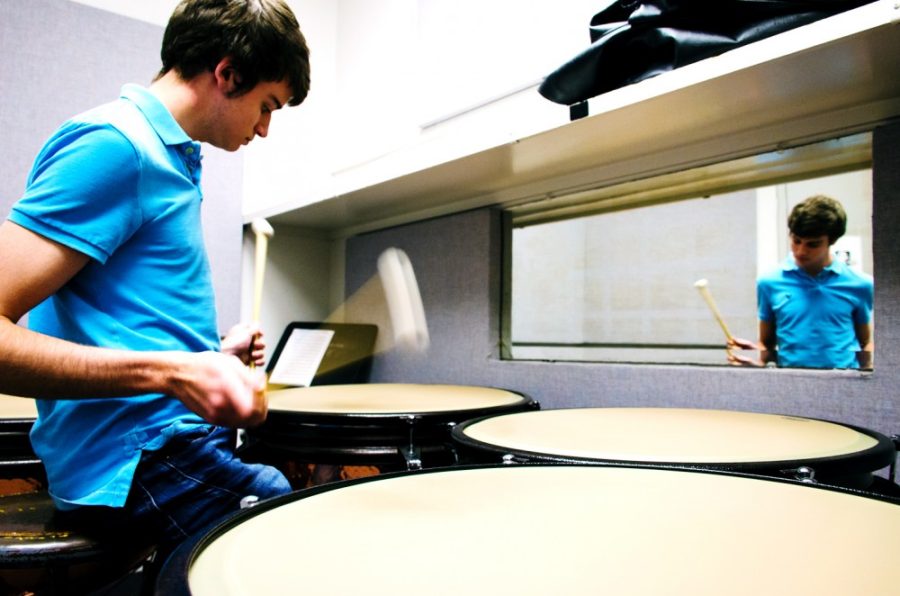The UA Honors College will be hosting its Undergraduate Research Expo on Wednesday, where students will present their research projects.
According to the Honors College website, students can apply for a research grant valued up to $1,500 that enables them to conduct research on a chosen topic.
Patricia MacCorquodale, dean of the Honors College, said these research grants are available to all undergraduate students. However, she added, the majority of students participating in this research project are honors students.
According to MacCorquodale, 22 percent of Honors College students participate in the research expo.
MacCorquodale said the research project allows students to determine whether they like or dislike the research process. The project also allows students to learn a variety of skills, such as problem-solving, how to conduct research and grant writing.
“These skills are relevant to every career,” MacCorquodale said.
John Keck, an anthropology and classics senior, found through his research that the origins of pottery can be determined by its magnetic qualities. Keck said he wanted to use his research to determine if potsherds — broken pieces of pottery — are from the same pot.
Keck said he was not planning to pursue this specific research, but wanted to have experience with research in general.
“[This research] gives conservationists another tool,” Keck said, “and I feel like I’ve helped fellow archaeologists.”
According to Keck, if his research is continued, the specific date a piece of pottery was created could be determined.
Another student, Trevor Barroero, a performance sophomore, studied the Cleveland style of timpani, also known as kettledrums, at the Aspen Music Festival and School. He described the festival as a “melting pot of musicians.”
Barroero said the intent of his research was to make the various styles of timpani more understandable, and he compared the learning of music to “the learning of a language.”
“Percussion is kind of its own language in itself,” Barroero said.
Barroero studied alongside Paul Yancich, principal timpanist of The Cleveland Orchestra, at the
Aspen Music Festival and School. Barroero said by playing with Yancich, he was able to apply different techniques to his personal timpani style.
After his undergraduate studies, Barroero said, he plans to attend graduate school, but his ultimate goal is to perform in a professional orchestra.
Oybek Kholiqov, a senior studying optical sciences and engineering and French, found through his research that the current model for the speed of light is not accurate in imaging the sun.
This is the second year Kholiqov participated in the research expo. His research in 2012 was about a solar updraft system. Kholiqov said he changed the direction of his research this year to focus on the limited nature of the speed of light.
According to Kholiqov, the results he found after running tests showed 20 to 30 percent differences in values from what previous researchers had found.
Within his research, Kholiqov said he wanted to focus on imaging for the dark side of the sun to predict when sun spots are going to emerge from the sun.
Kholiqov said he plans to publish his results for solar physicists to determine the meaning of those results.
Overall, MacCorquodale said, students who participate in the expo come away with valuable experience.
“The research expo is a wonderful opportunity for students to be involved in research,” MacCorquodale said.









